Look around your neighborhood. Look around your place of work. Take a look when you’re on the road.
What do you see?
Everything seems fine. Nice yards, new outfits, fancy cars. But take a closer look and dig a little deeper. How many neighbors are barely holding on? How many of the vehicles out there have a huge monthly payment dragging right behind them?
Too many people are living paycheck-to-paycheck with no margin in their lives. There have been recent reports that older Americans are dealing with increased debt loads and bankruptcy rates for those 65 and older are the highest on record.
What happens when we find ourselves heading down this path? How can we bring margin back into our lives?
Before any journey begins, we must know where we are going and what we are leaving behind. If we apply this to the personal financial landscape, the departure place would be our current financial situation. Years ago, I needed to come to a place in my life where enough was enough and it was time for a change. But until I got to that point, I didn’t think anything was wrong. My debt level was just fine and it would be magically paid in full someday. Just not today. Or tomorrow. Somehow.
I needed to place my faith and trust in a plan. Something that went beyond treading water. There is nothing worse than thinking I’m doing something but yet not moving, not gaining any ground. Once I decided a change had to be made, I needed to focus on one thing. That was my original problem. I was doing a little of a lot of things, all at the same time. That didn’t work out so well. Saving for a car, paying for daily expenses with credit cards yet trying to pay down the balance at the same time, funding retirement. All these things, but without any positive movement.
Once I decided I was done with using debt, things started to change. Debt robs us of so many things. Our peace, our trust, and even our health. If debt becomes our enemy, then our personal income becomes our ally.
Our first step is to focus on a little margin with that income. What difference would it make to have a rainy day fund in that anticipation that something will happen? It would be huge. Emergencies do happen. Flat tires, unexpected doctor visits, broken refrigerators are just a few examples of a list that could go on and on and on. Any one of these has the potential to be a complete budget-buster. One and done.
That margin, that protection against Murphy’s Law, is the rainy day fund. Consider it self-insurance. How quickly can we save $1,000? For emergencies only. Not for a new TV, a new BBQ, or a new kitchen table. Full-out, full-blown emergencies. That’s what this rainy day fund is for.
This can be the start of the journey. It was for me. It can be for you as well.



![IMG_0890[1].JPG](https://images.squarespace-cdn.com/content/v1/595ae0cba5790a1570977345/1529726022614-V59QCPAZ47833NOADQ7Q/IMG_0890%5B1%5D.JPG)